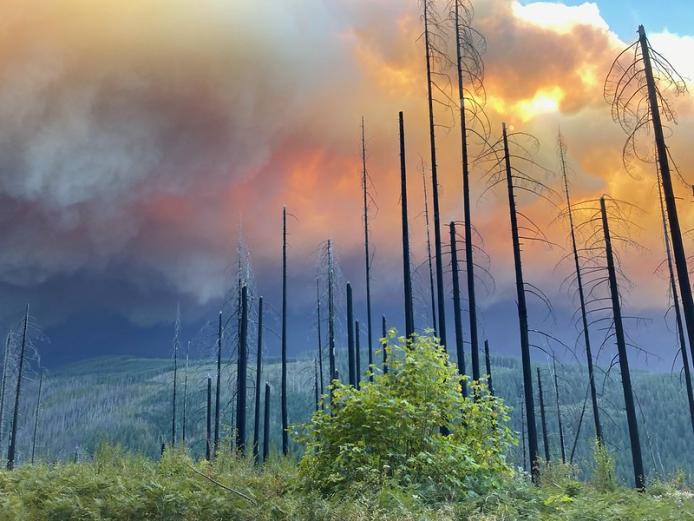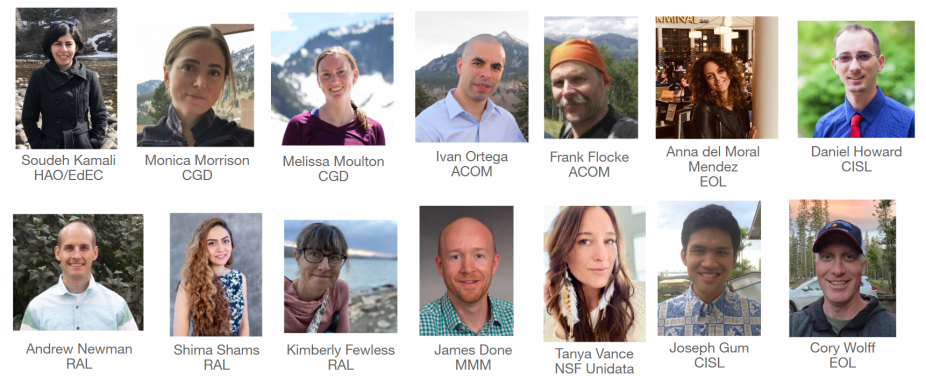Accelerating NSF NCAR’s leadership in enabling and conducting convergence for the field of Earth Systems Science (ESS)
What is convergence science?
Convergence science is a means to solve complex research problems that arise from either pressing scientific or societal needs, through deep integration across a range of disciplines.

About the Convergence Science Program
The NSF NCAR Directorate is developing a Convergence Science Program to accelerate NSF NCAR’s leadership role in enabling and conducting convergence in the field of Earth Systems Science (ESS).
Vision
For NSF NCAR to be a place where convergence science for the field of Earth system science is deeply understood, valued, and supported.
Goals of the Convergence Science Program
The NCAR Convergence Science Program’s three overarching goals:
ClarityDevelop a clear understanding of convergence science for NSF NCAR, including what it is, how it’s done, and what it yields. |
CapacityDevelop a framework for robust, sustainable capacity – at multiple levels – to support, enable, and conduct convergence science. |
GrowthFoster convergence research, particularly of science problems that are strategically important and high-risk. |
The Convergence Science Program Team
The Leadership Team

The Convergence Science Program Ambassadors

Join our Community of Practice
We are creating a network of those interested in convergence science that is open to all Earth system science community members who wish to join and stay connected. To join the community of practice, send an email to convergence+subscribe@ucar.edu. This will get you signed up for our mailing list and email alias we use to schedule events.